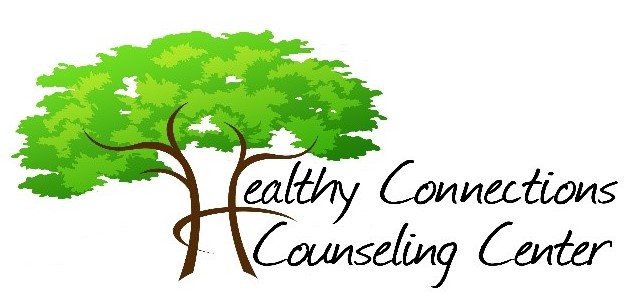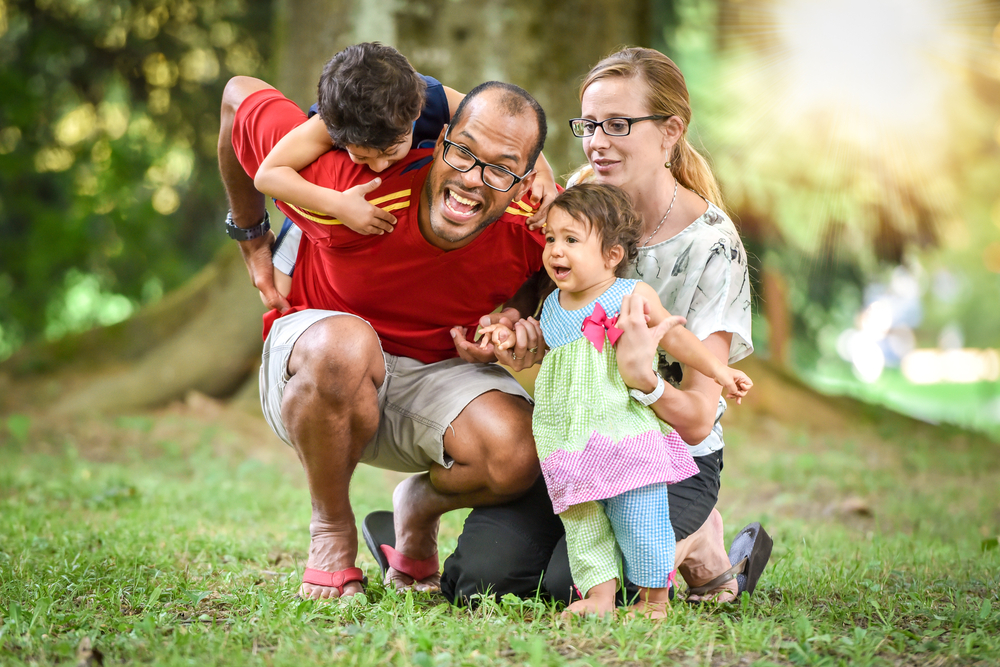It isn’t easy to be a parent. There are so many parts: Infants, toddlers, preschoolers, school aged kids. And then you move into tweens, teens, and beyond. You never really stop. And when you get stuck in a specific stage or misbehavior, you get stressed and overwhelmed, unsure of how to help or to effectively discipline. Sometimes it feels like everyone else knows just what to do, but somehow you don’t. Well you and your child are not alone.
Research shows that nearly 1 in 5 children and teenagers are affected by a mental, emotional, or behavioral disorder that is serious enough to cause them problems at home, at school, in the community, or in their relationships with friends. That means a lot of kids are hurting – and a lot of families are hurting along with them – because when a child is struggling, the entire family is affected.
The good news is that there are other people who understand the challenges that you and your child are facing – people who have been there and who are eager to lend a listening ear, share non-judgmental advice, and offer practical support. You don’t have to weather the storm on your own.
Healthy Connections Counseling Center offers a variety of parenting support. We offer Parent Education classes and workshops where any parent can learn more skills. We often use the Positive Discipline Series by Dr. Jane Nelsen and others. Positive Discipline is based on attachment theory and Adlerian Psychology. It teaches skills based in mutual respect and Connection before Correction. Other philosophies we use are No Drama Discipline (by Siegal and Bryson), and Emotional Intelligence (Goldman). We also offer a variety of groups, classes and individual or family therapy to best meet each family’s needs.
Per Jane Nelsen on her website (PositiveDiscipline.com)
The tools and concepts of Positive Discipline include:
- Mutual respect. Adults model firmness by respecting themselves and the needs of the situation, and kindness by respecting the needs of the child.
- Identifying the belief behind the behavior. Effective discipline recognizes the reasons kids do what they do and works to change those beliefs, rather than merely attempting to change behavior.
- Effective communication and problem solving skills.
- Discipline that teaches (and is neither permissive nor punitive).
- Focusing on solutions instead of punishment.
Encouragement (instead of praise). Encouragement notices effort and improvement, not just success, and builds long-term self-esteem and empowerment.

